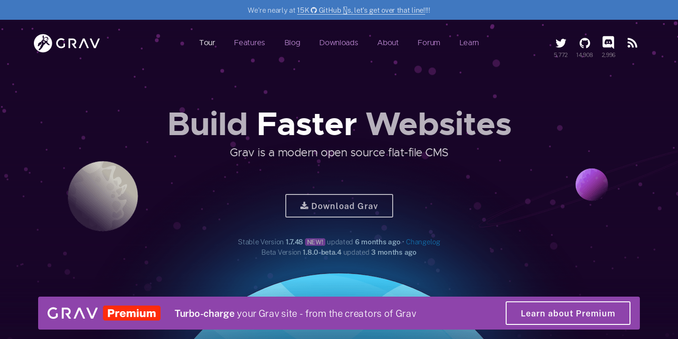Crowdsourcing: What are some good platforms to build open educational resources on? I've got the basics like Omeka S, Omeka, Drupal, Wordpress, but it's been a while I have looked at platforms.
#OpenEducationalResources #OpenEducationalResource #OER #CMS
